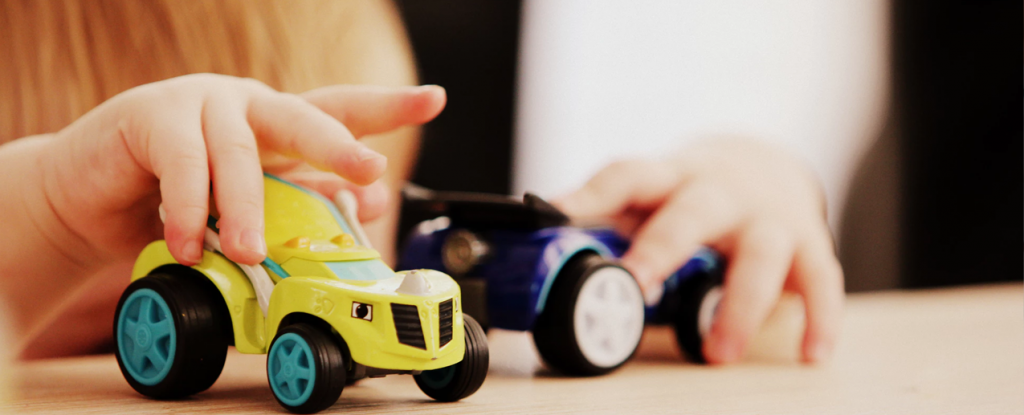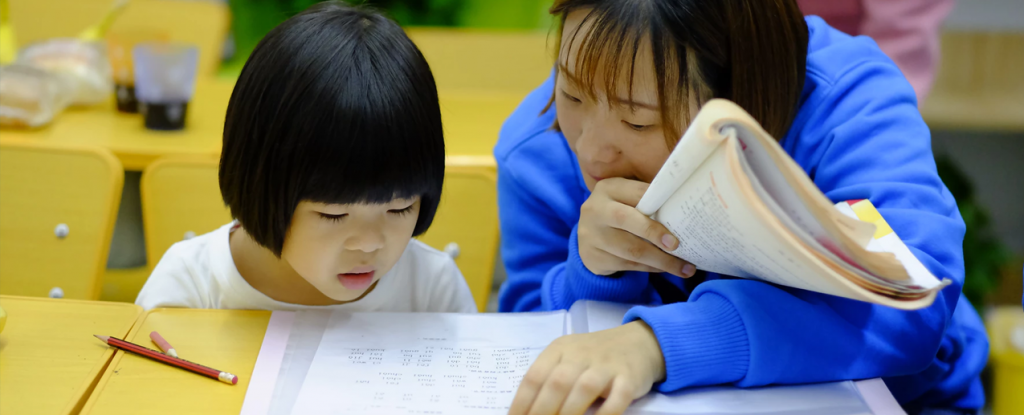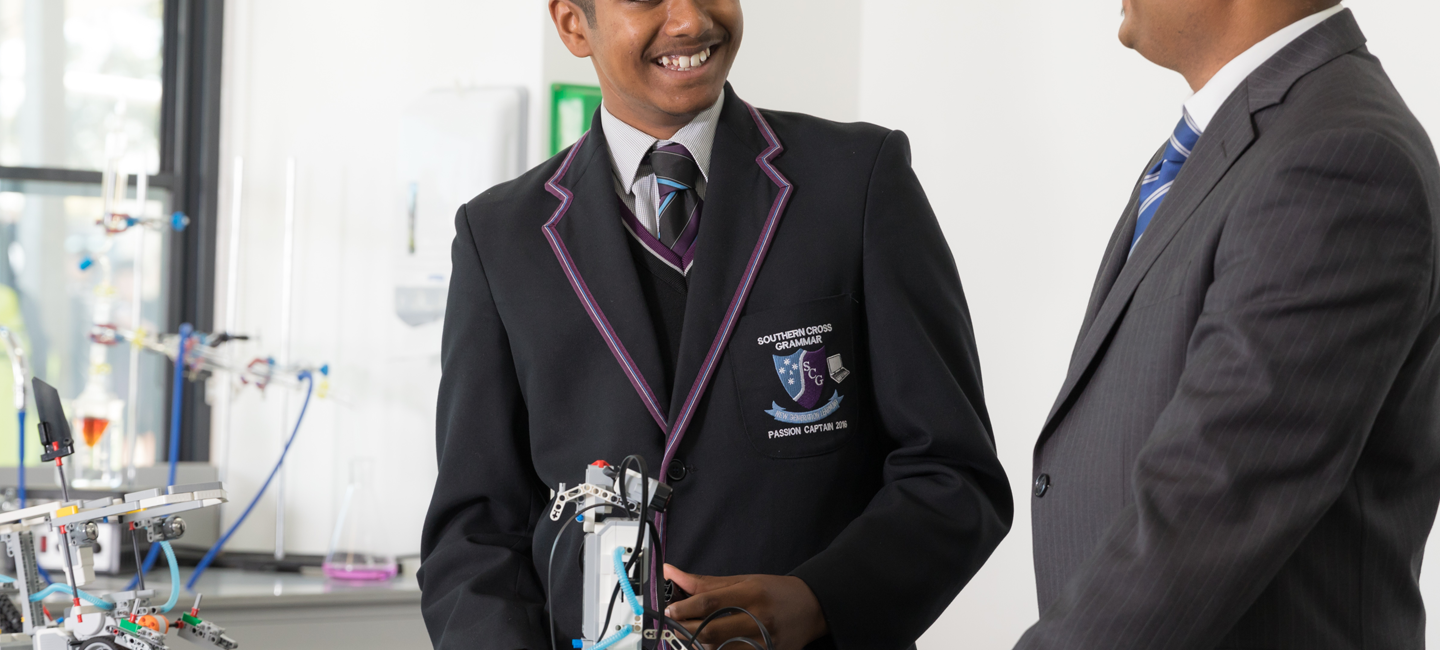In the Junior School, our work is based around academic rigour, as well as embracing our SCG Student Centred Vision through the daily interaction we have with our students. We also guide their individual growth and development as they experience social interactions, and at times challenges, each day. Our work, together with families, is to develop the resilience in our students so they may grow into independent well-rounded young people.
How fortunate we are to be able to witness this in our F-12 setting. The article below may be of interest to parents and carers as we work together for the benefit of your children.
How to use praise and encouragement to develop your child's confidence by Michael Grose
Perhaps the most exciting news in the parenting area over the last decade is the discovery of brain plasticity. That is, the brain is always growing and developing as opposed to it developing and reaching its nadir in a person’s late twenties; and then it’s all downhill from there. It’s exciting to know that your child’s talent and smarts are not fixed. Their brains can always learn more, continue to grow and be stretched. This doesn’t mean that your child doesn’t have a propensity to be smart in certain areas such as math or language learning or that all talent is created equal.

Genetics gifts us with certain abilities that are either developed or they’re not. Instead, your child’s abilities and talents, just like yours, are evolving over time.
So as parents it seems smart to develop a growth mindset in your child. A fixed mindset is limiting, even debilitating for kids. You want them to believe that with effort and practice they can develop their skills and abilities in whatever area or interest they want. Science is now on their side - their brains will continue to grow and stretch however a fixed mindset will let them down. If they believe that intelligence and talent is fixed then those beliefs will become a self-fulfilling prophecy. Once again, it all comes down to attitude!
Jenny Brockis in her wonderful book “Future Brain” reminds us that success has more to do with fluid intelligence, tenacity and belief. She writes, “Our attitude or mindset is not something we are born with. It evolves gradually, refined by our experiences and who we spend our time with.”
Carol Dweck, author of “The New Psychology of Success” believes that a growth mindset is the quality that separates those who succeed from those who don’t. Her research reveals how the use of language when praising kids can have a profound impact on their attitudes. Subtle differences in tone, wording and phrasing can lead even a child at two and half to have a self-limiting belief when he or she started school a few years later.
1. Praise effort, strategy and action not results
Focus more on the processes of what kids do rather than results to develop a growth mindset. Kids need to hear comments such as “You worked hard to get that right!” (effort), “That was a smart idea to tackle the hardest task while you were fresh!” (strategy) and “You recognised the first few steps were the most important but then after that you were right.” (action). This type of praise, also known as encouragement, helps kids develop the belief that success has more to do with what they do than innate smarts and talents.

2. Look for opportunities to stretch your child’s capabilities
Encourage kids to stretch their capabilities by adding depth and breadth to their list of activities. Boys, in particular, often go deep investing all their time into areas of interest such as sport or online gaming to develop their talents over time. Encourage them to stretch their capabilities across a range of areas rather than a few. Conversely, encourage a child who dabbles in many areas or interests without specialising in any area, to go deeper in one area.
3. Give honest feedback

Providing your child with honest feedback about their performance not only helps them improve, but also promotes a growth mindset. We often shy away from giving feedback for fear of harming their self-esteem. Confidence can be maintained by being sensitive to how we provide feedback. For instance, focusing on two or three things kids do well before giving constructive feedback is one way you can keep young a learner’s head up while giving pointers about better performance. Having a plastic brain means that we can continue to acquire new skills, learn new things and embed new habits across our lifespan. It is important then that we help children develop a growth mindset so that they can reap the benefits of brain plasticity over their lifetime rather be limited by their belief systems
____________________
Written by Ms Romina Pimpini, Head of Junior School


